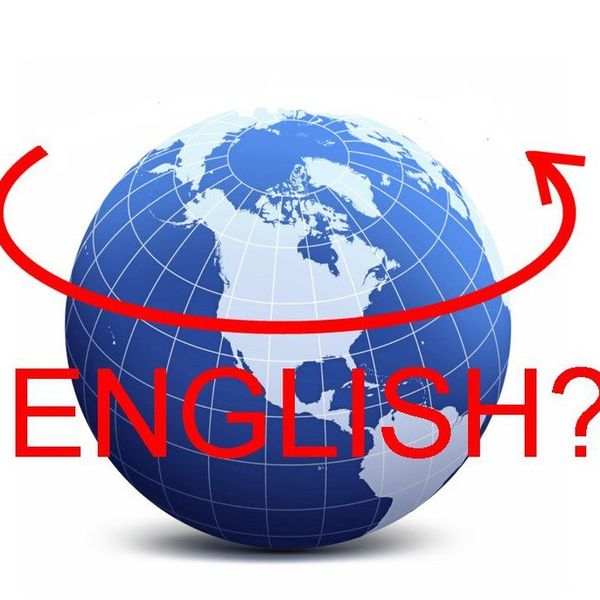Last semester I was able to attend a panel on racism and privilege. Going into it, I expected that there would be a diverse audience, and I was excited at the prospect. I wasn't really prepared, however, for the feeling that comes with being in the minority—and this experience was as much of a wake-up call as the discussion itself.
It wasn't as if the environment wasn't friendly—as soon as I walked in the door I was welcomed and offered a seat. Nevertheless, I was acutely aware of the fact that I was white, and that not many other participants were. Despite knowing I was welcome, I felt slightly uncomfortable. It was a feeling of intrusion, perhaps, or of not belonging. I couldn't help but wonder what the rest of the attendees thought of my presence there.
It didn't take long for me to kick myself for these thoughts. There I was, feeling out of place, despite the fact that I attended a university with a white undergraduate population of about 25,000 (out of about 41,000). I listened as a few audience members opened up about their experiences occupying predominantly white spaces, noting that they had to constantly be aware of the way that other people perceived them (part of a concept known as "double consciousness"). What would it mean to have that level of hyper self-awareness all the time? I could enter grocery stores and movie theaters and classrooms without giving a second thought to the way that other people would regard my presence there—I had never realized that this was a privilege not everyone had.
That brought us to the topic of our discussion: privilege. A high level of privilege doesn't necessarily mean the presence of blatant benefits, but the absence of certain challenges—and therefore often goes unnoticed by the people that are most privileged. A heterosexual white male is much less likely to be subject to discrimination in social and work settings, and therefore may not realize the extent to which this affects female and minority groups.
There are various factors that determine your level of privilege, including your gender, socioeconomic status, sexuality, education, and race. As a straight white female currently pursuing her higher education, I checked off many of the boxes. I couldn't help but feel guilty that: a) I was born into a family and situation that granted me unearned social and economic advantages, and b) not everyone else in the room could say the same.
Acknowledging your privilege, however, doesn't mean that you should feel ashamed of it. You cannot control the amount of privilege that you are born with, and the fact that certain demographic factors determine one's level of privilege is a product of a flawed society, not you as an individual. Recognizing your privilege (and others' lack of) can help us, as a society, to rectify the system that awards advantages to people based on factors they can't control.
In a perfect society nobody would inherit privilege based on the color of their skin, their gender, or the people that they love. Unfortunately, we don't live in such a time or place. That's why it's so important to acknowledge and understand your privilege—and to use the opportunities it grants you to champion equality and acceptance.



















